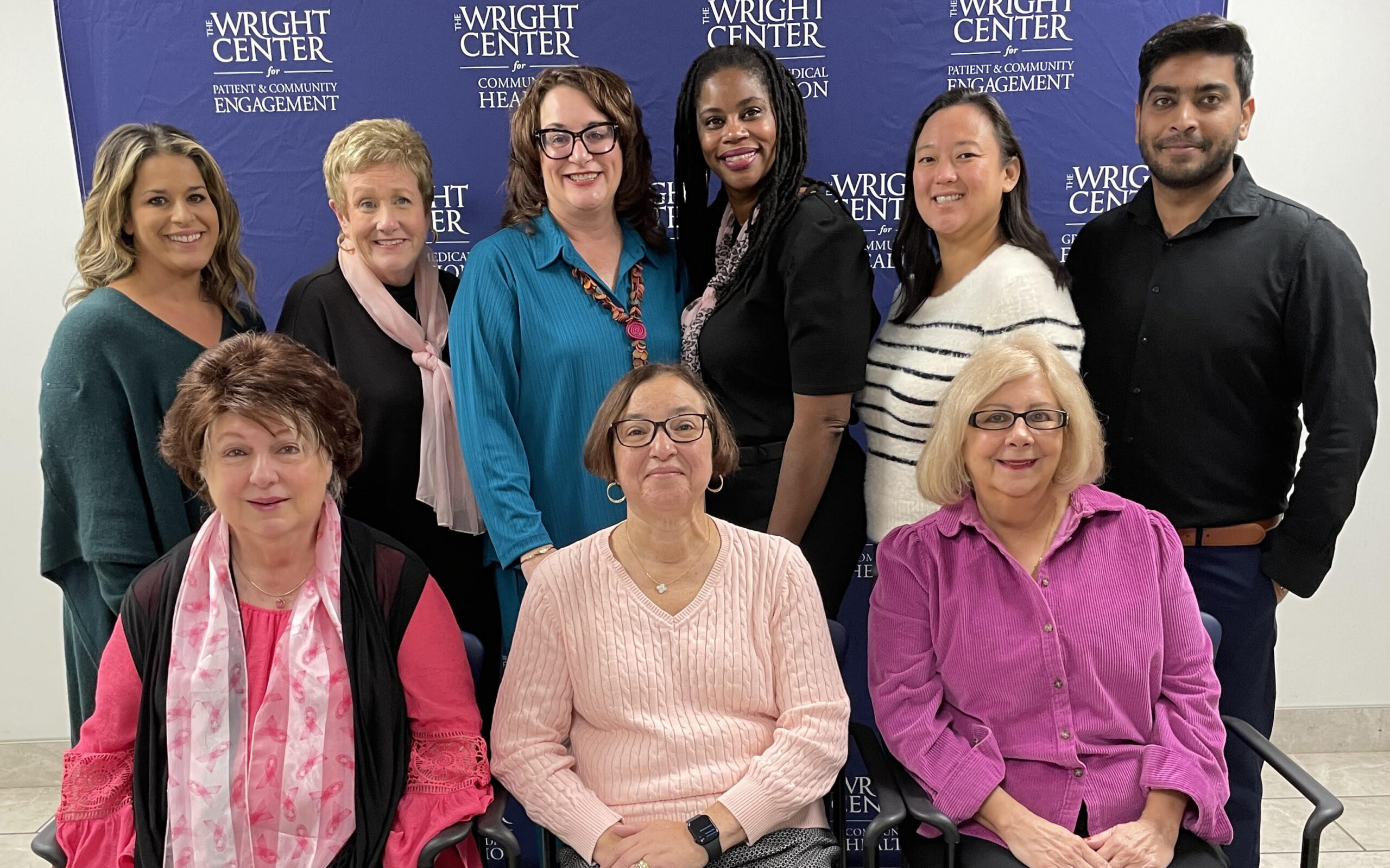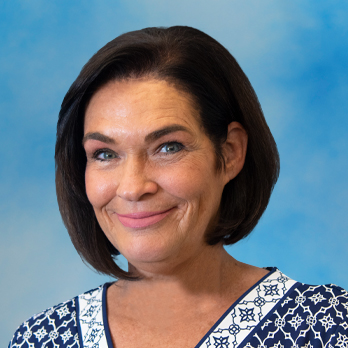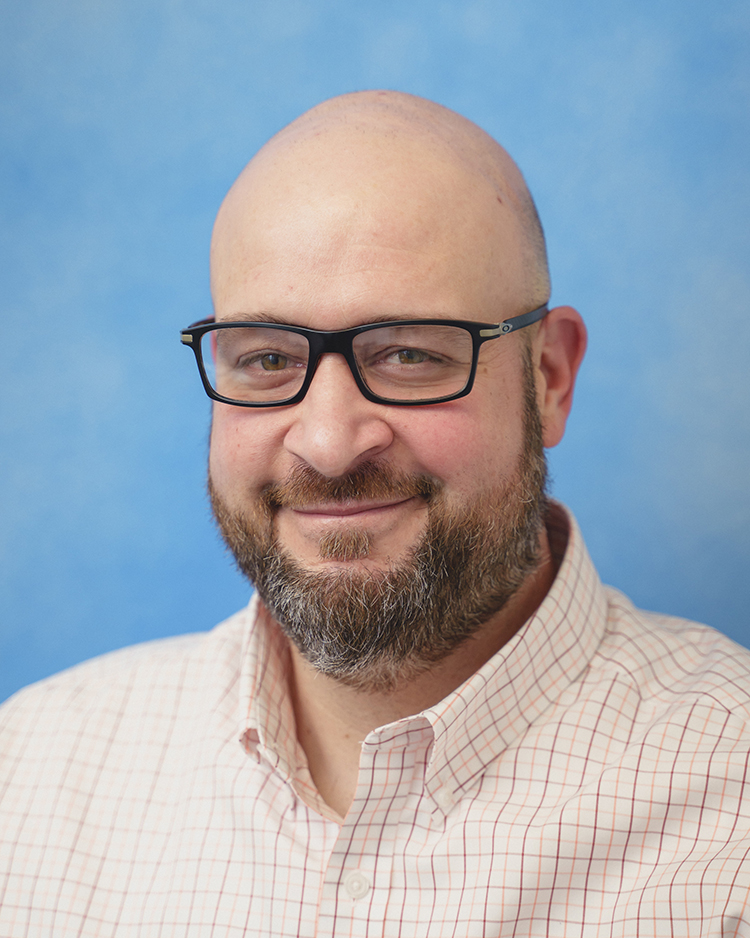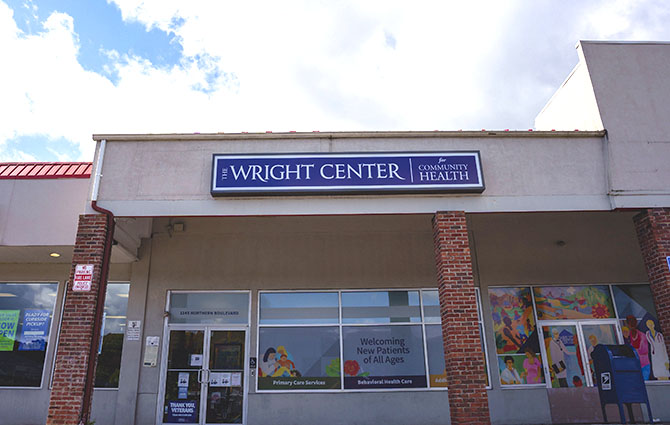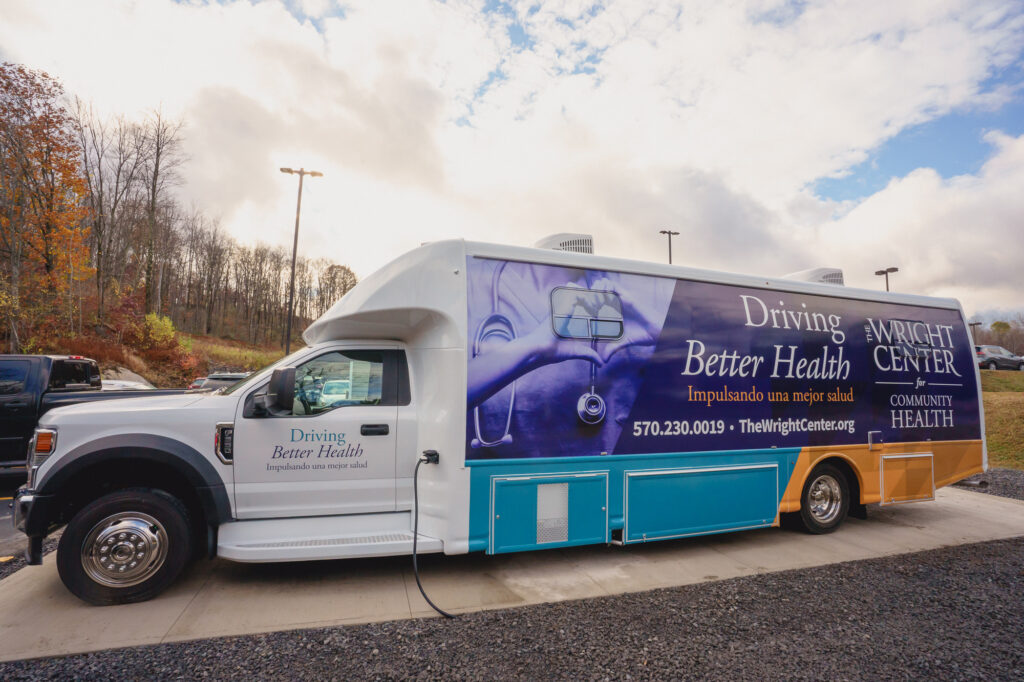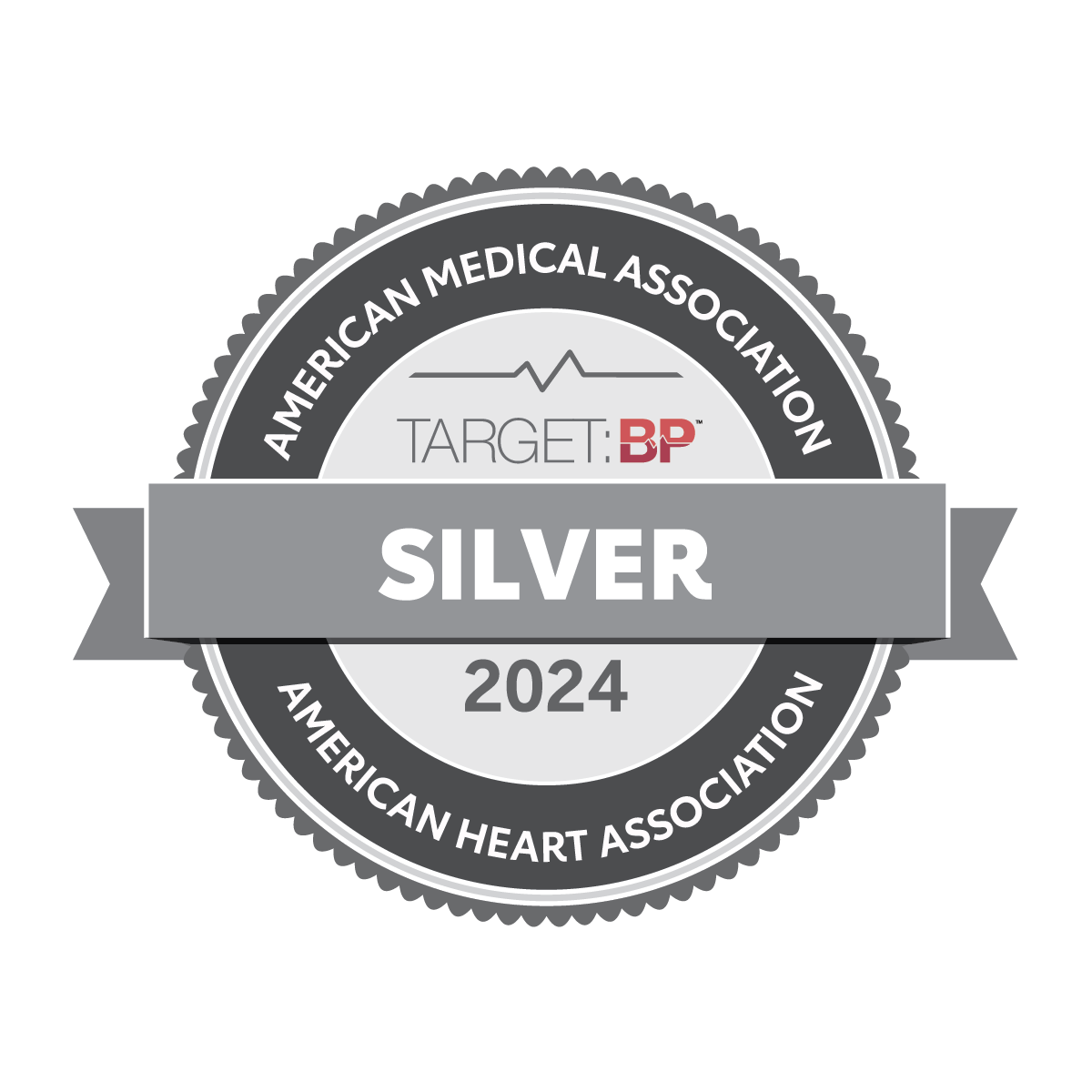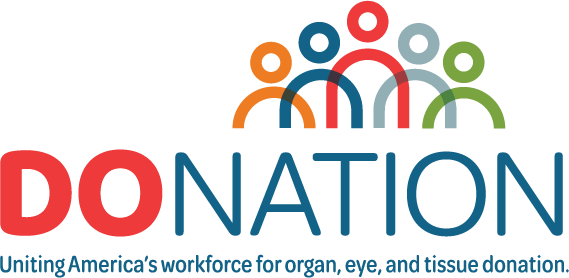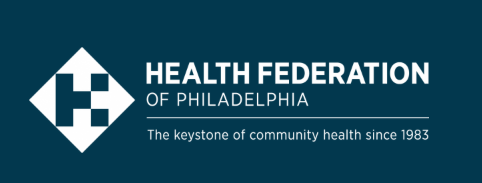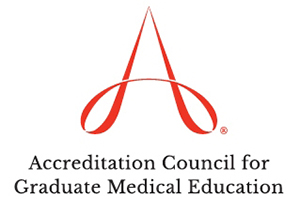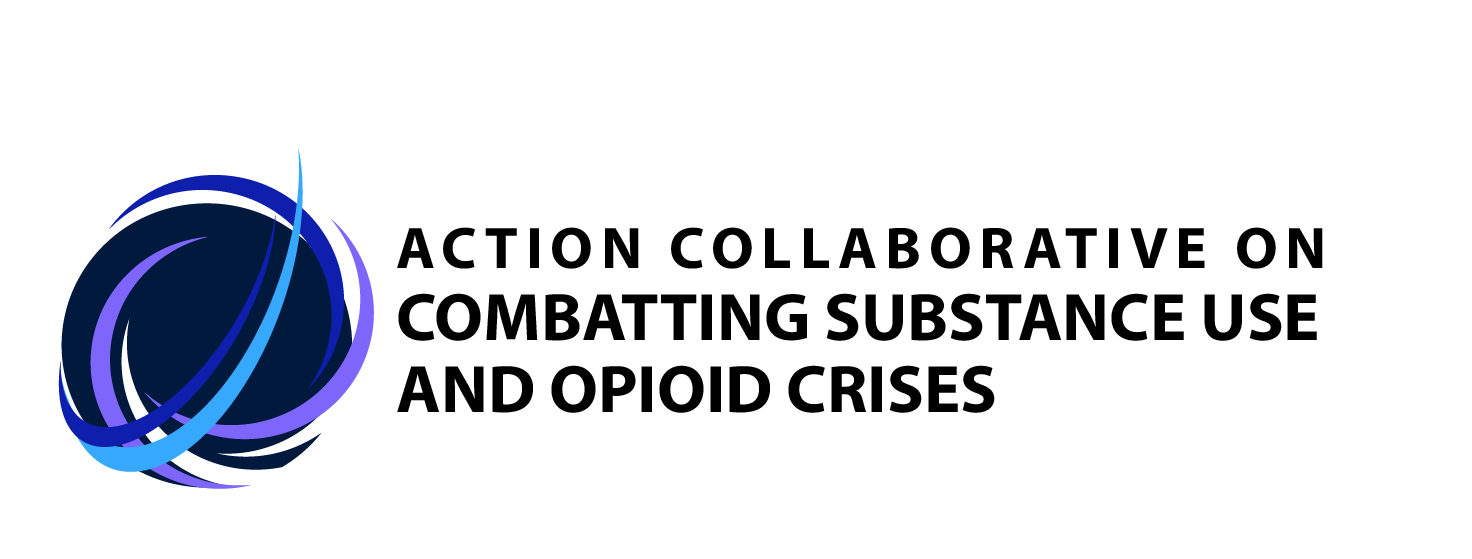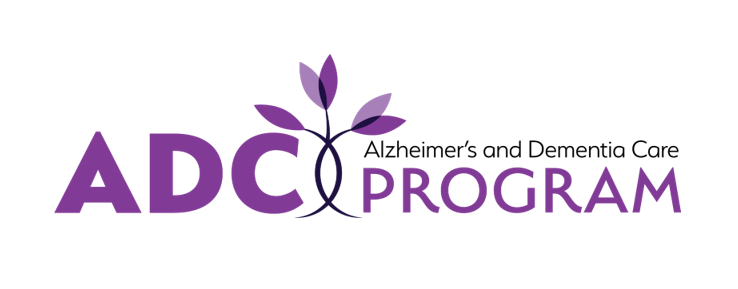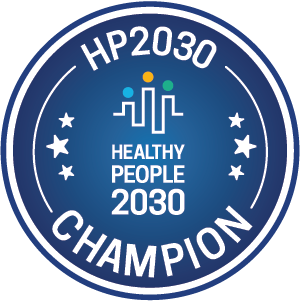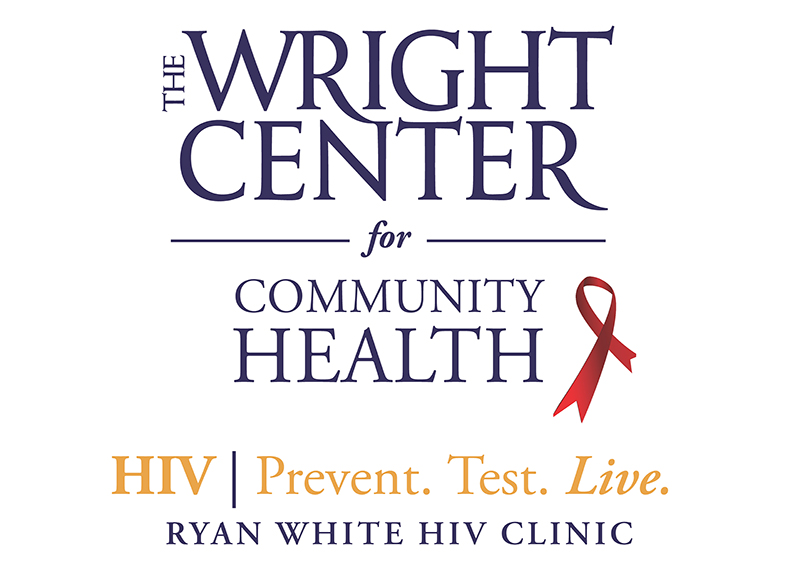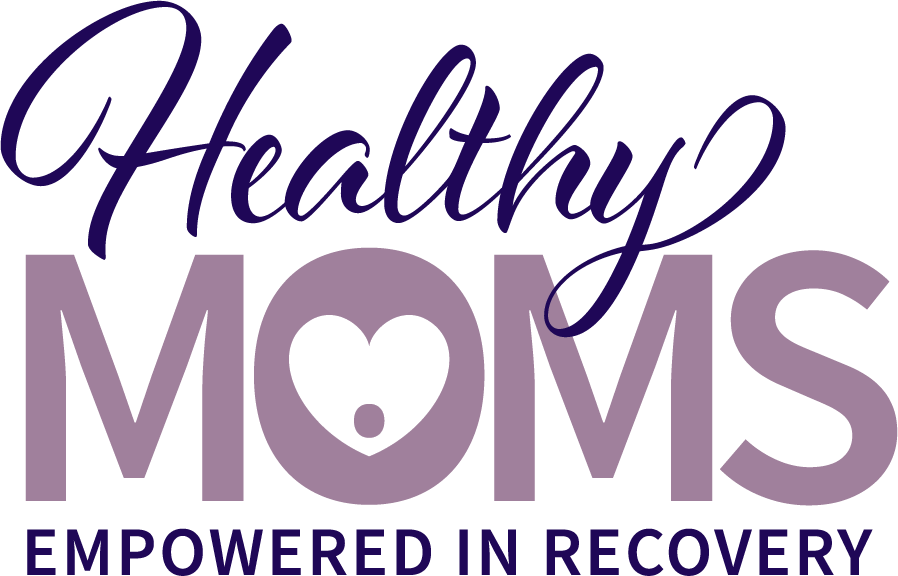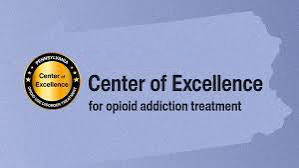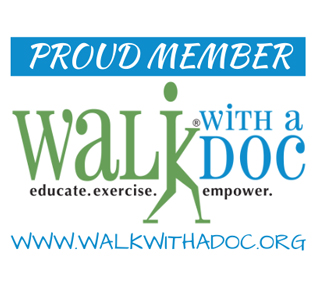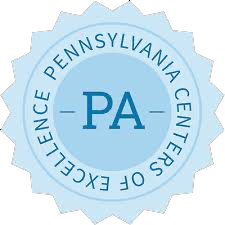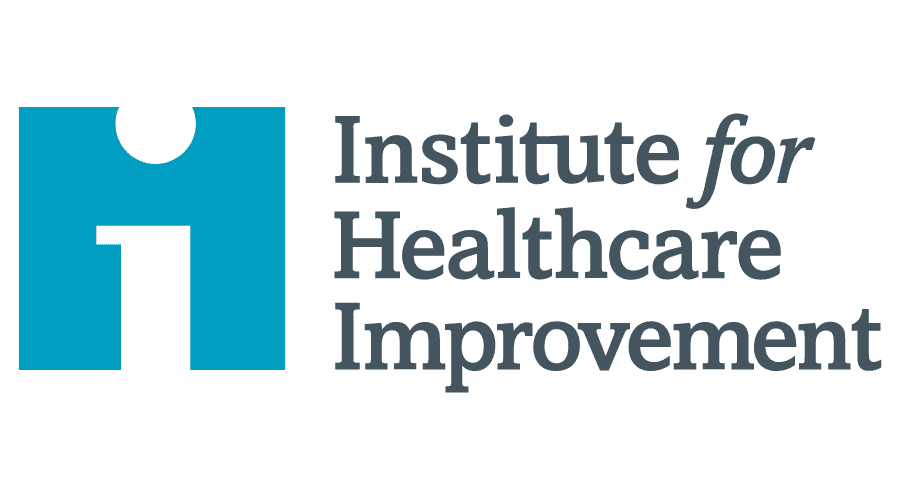National Community Health Worker Awareness Week celebrates specialty field
One of the fastest-growing careers in health care has nothing to do with direct medical care.
Using their encyclopedic knowledge of local resources, community health workers (CHWs) help people meet various basic needs, including housing, utility bills, nutritious foods, clothing, insurance, transportation to and from medical appointments, and more.
“Community health workers, they’re pretty much the foundation,” said Amanda Vommaro, CCHW, director of patient-centered services and supervisor of the community health workers at The Wright Center for Community Health. “We make sure the patients are getting their social needs met so that they’re able to address their health.”
For example, a patient with financial difficulties may have to choose between buying food or medication, according to Vommaro. Connecting to a food pantry could help that patient afford the life-saving medication a doctor prescribes.
“If you don’t have your basic needs met, you’re not really able to do anything else,” she said about patients. “When they’re not buying medication and taking care of their health, that’s where we come in.”
As the health care world celebrates National Community Health Worker Awareness Week from Aug. 28 to Sept. 1, the need for CHWs is greater than ever. Employment of community health workers across the United States is projected to grow 12% between 2021 and 2031 – much faster than the average for other occupations, according to the U.S. Bureau of Labor Statistics.
The COVID-19 pandemic highlighted the demand for CHWs, according to Chelsea Wolff, a health educator with the Pennsylvania Area Health Education Center (AHEC). Thousands of people lost their jobs and found themselves navigating an often-overwhelming system to apply for unemployment, food stamps, rent and mortgage relief, and other aid from government entities and local social service agencies. President Joe Biden’s $1.9 trillion American Rescue Plan called for hiring 100,000 CHWs over 10 years starting in 2021 to support the prevention and control of COVID-19.
But many entities that employ CHWs are having trouble filling the jobs, including The Wright Center for Community Health. It’s partly because people are not familiar with the position.
“People are starting to know about it, but we have a long way to go,” Wolff acknowledged.
AHEC hopes to help fill the need locally through training courses, some of which are held virtually for community members. The center began offering CHW courses in 2009, Wolff said. Since then, demand has soared for these specialty workers.
The course covers the basics of what a CHW needs to know, from building an understanding of different people and health literacy to learning how to complete documentation and how to avoid job burnout.
CHWs live in the communities they serve, so they become experts in knowing what resources are available and how best to connect clients to them, Vommaro and Wolff said. The AHEC classes feature many guest speakers, so trainees can begin building a list of local resources that provide help.
“It’s helping to connect the dots and really building those contacts,” Wolff said.
Vommaro said clients are often more comfortable talking to CHWs because of their shared community roots. “It’s just a different level of comfort when you’re talking to a community health worker because sometimes we’ve been in the same situation they are in; we’re people who live in their community,” she said. “It’s a little less intimidating than talking to their doctor.”
For more information about the course, visit the AHEC website. AHEC also offers monthly informational sessions about CHWs every second Monday of the month. To learn more, click here.
The Wright Center for Community Health has several job openings for CHWs. To search job listings, visit thewrightcenter.org/careers/.
